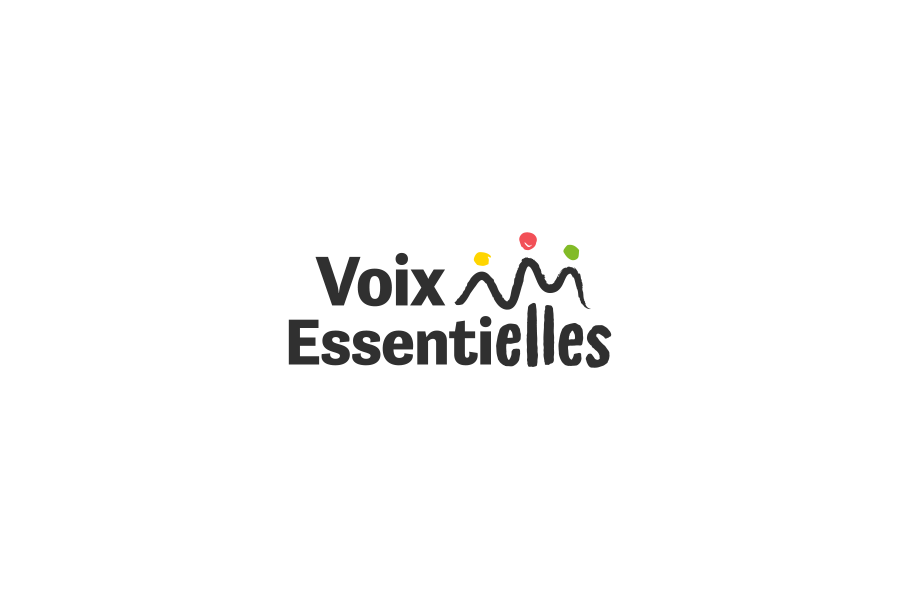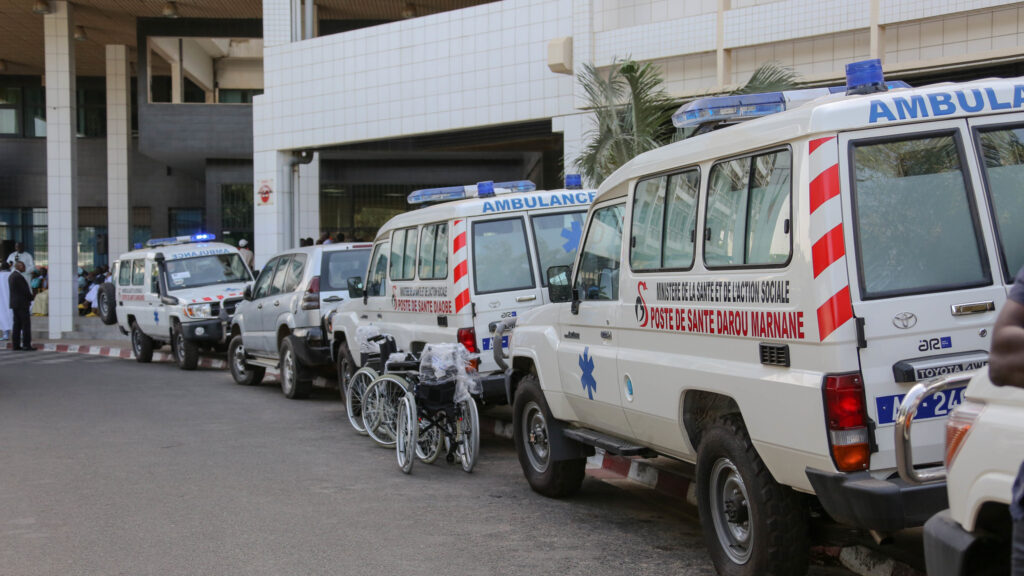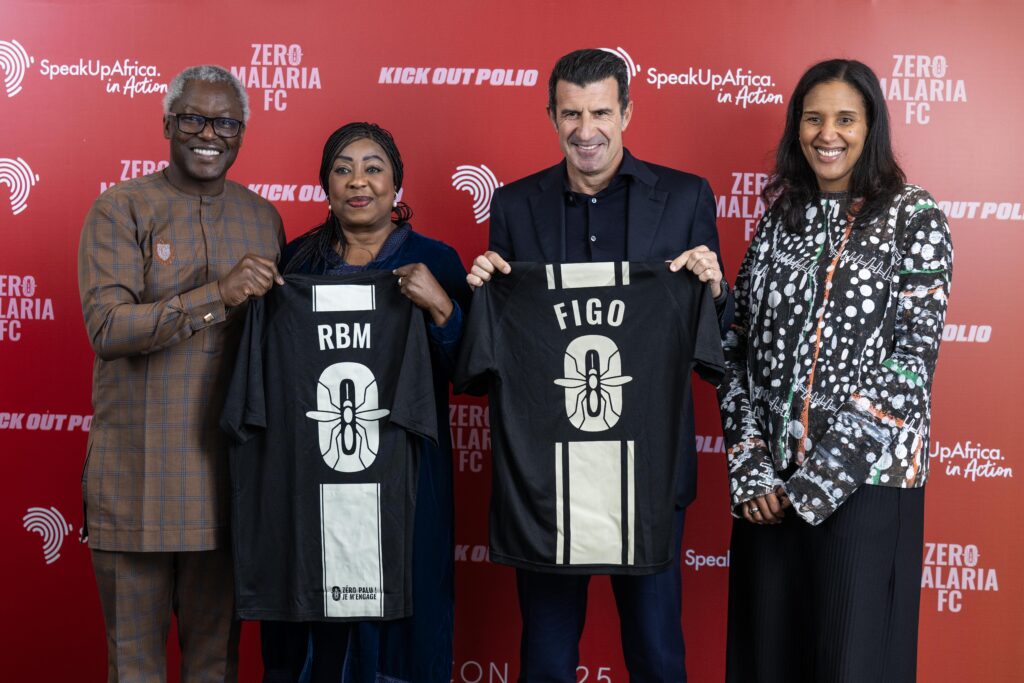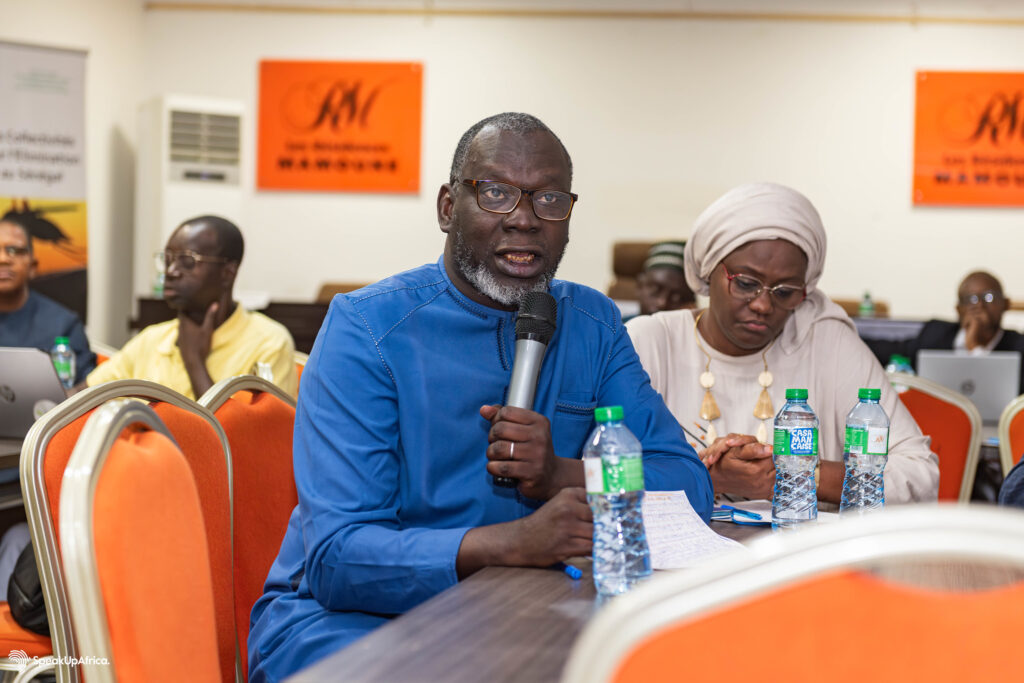Yvette Alavo Calls for Innovative Health Financing in Cairo
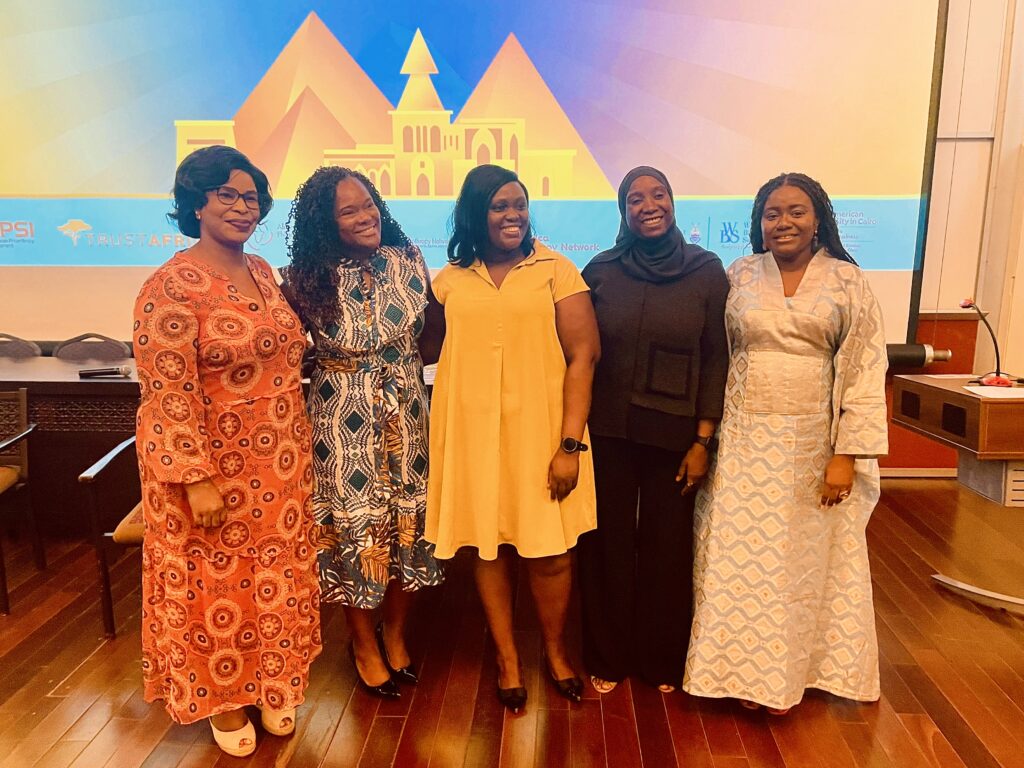
At the 6th African Philanthropy Conference, held in Cairo from July 28–31, 2025, Yvette Alavo — Executive Director of Icone 360°, President of the Zero Malaria Coalition, CCM advisor, and beneficiary of the Voix EssentiELLES program — took the stage during the session “Innovative Health Financing: Towards Sustainable Investment in Disease Elimination”, organized by Speak Up Africa and The END Fund.
With more than a decade of tireless commitment to fighting malaria in Benin, Yvette shared her perspective on the challenges faced by community-based organizations (CBOs), particularly since the NFM3 funding cycle, and highlighted how the CG7 process has helped better identify community needs.
Yvette emphasized the strategic role of civil society organizations (CSOs) in addressing major public health challenges such as malaria, and the urgent need to explore innovative solutions for inclusive and sustainable development. She called for:
- Strengthening CSO capacity and formalizing the role of community health workers.
- Ensuring effective community integration into public policies.
- Redirecting budgets and simplifying funding mechanisms to make financing more accessible to grassroots CSOs.
- Adopting innovative tools (vaccines, next-generation bed nets, genetically modified mosquitoes) to anticipate and respond to drug and insecticide resistance.
- Advancing inclusive, community-led advocacy that amplifies the voices of women and marginalized groups, using both social media and legal action.
She also warned that hard-won progress is at risk due to multiple challenges:
- Structural – poor coordination between CSOs and national programs, inconsistent data, and weak planning.
- Financial – chronic underfunding, delayed disbursements, and inequitable resource allocation.
- Operational – stockouts, geographic inaccessibility, and insecurity.
- Health-related – self-medication, counterfeit drugs, and misuse of resources.
- Social and cultural – non-inclusive communication and limited community involvement in decision-making.
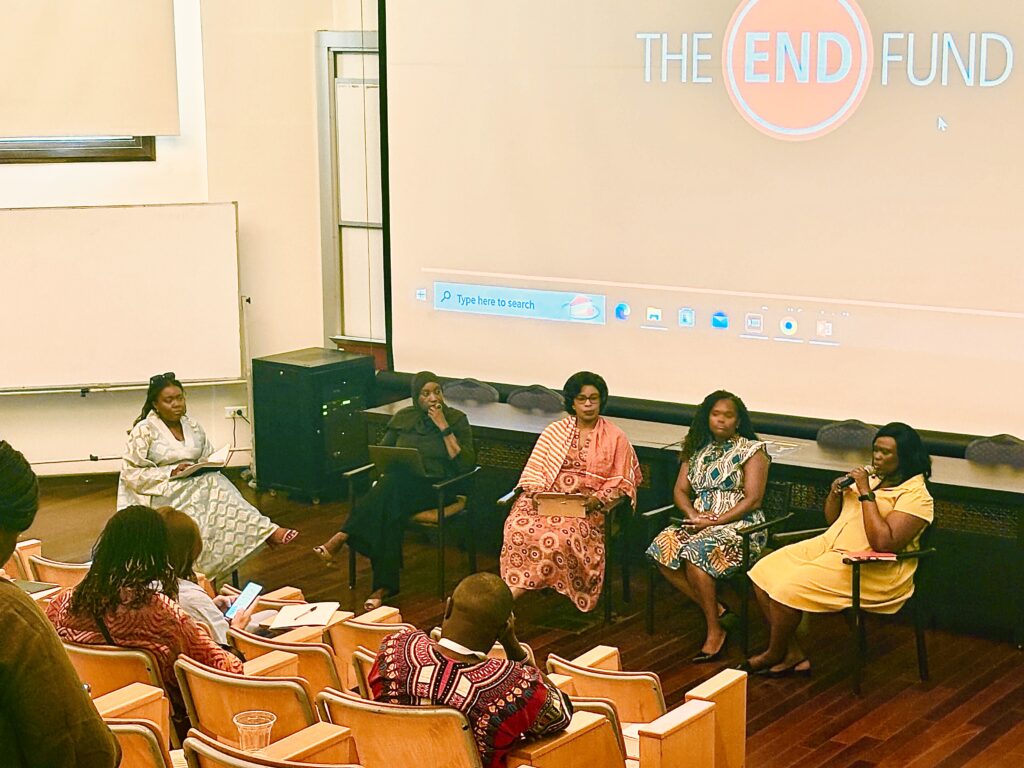
In response, Yvette proposed concrete recommendations:
- Institutional strengthening – formalize the role of community health workers and equip CSOs with digital tools such as DHIS2.
- Financing optimization – ensure timely disbursements and prioritize CSOs active on the ground.
- Innovation and anticipation – adopt new preventive and therapeutic tools, and plan ahead to avoid stockouts.
- Political mobilization and advocacy – push for sustainable financing and the effective implementation of free healthcare policies.
- Inclusive community approaches – involve women and marginalized groups at every stage of planning and execution.
Yvette structures her vision around four essential pillars:
- Community-centered approaches – involve communities from the outset, build local capacity, adapt interventions to cultural realities, and leverage local resources.
- Coalition-building – foster partnerships with CSOs, the private sector, and public institutions, and create durable networks to share resources and strategies.
- Tailored advocacy strategies – combine community awareness, direct engagement with policymakers, collective mobilization, social media campaigns, and legal advocacy.
- Inclusion and sustainability – ensure all voices are heard, establish continuous monitoring and evaluation, and strengthen long-term capacity for independent advocacy.
For Yvette, the success of philanthropic and health initiatives in Africa will depend on three levers: sustained and equitable financing, collaborative governance, and the full integration of communities into strategy and decision-making. She firmly believes that CSOs, working together with governments and donors, must be at the heart of this transformation.
Her closing message was clear: Africa must finance its own fights, tell its own stories, and harness technology for its own benefit. The ideas, energy, and expertise are already here — what’s needed now is to turn words into action, with women and communities leading the way.
